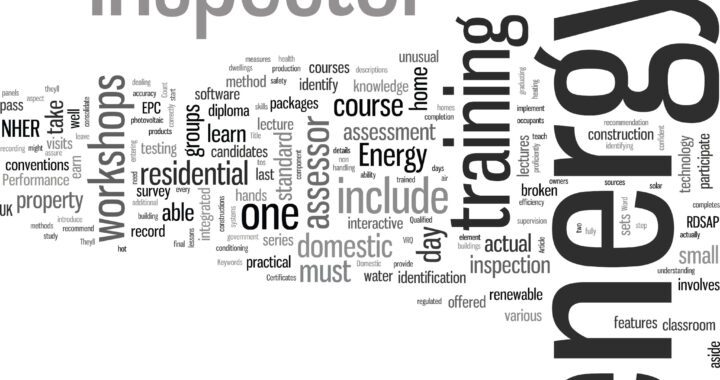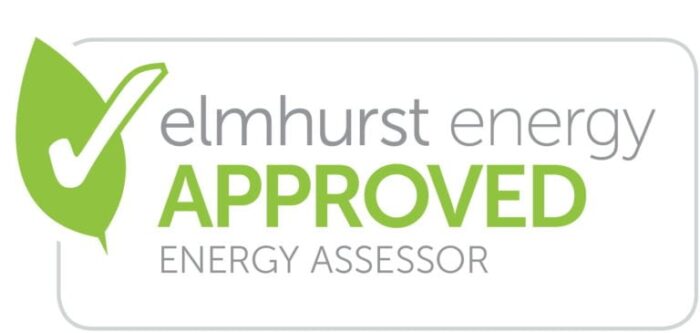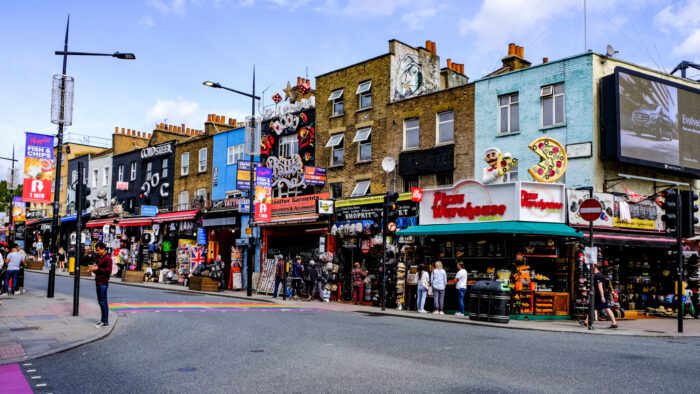Firstly, if you are going to hire a non-domestic EPC assessor, it is important that you make sure they are a certified one. You can do this by looking up their qualifications online or on our own EPC search tool. You can also ask your local building society if they can help you. They are usually happy to help you find one.
Why Commercial EPC assessments are more difficult
Unlike domestic EPCs, commercial EPC assessments are much more in-depth. They are based on a wide range of building elements, including lighting, insulation, heating and ventilation services, building fabric, airtightness, and energy efficiency of building materials. They are graded on a scale from A to G. The resulting EPC indicates the approximate energy efficiency of a building. It is accompanied by a secondary report, which describes the recommendations to improve the energy performance of the building.
Why are there 3 different certification levels for NDEAs?
As the differences between commercial buildings are many, relating to size, complexity of air conditioning (HVAC), automated systems, elevators and the like, the non domestic certification requirements also differ greatly. They are broken up into the following 3 categories. Even though there are 3 separate categories of buildings most NDEAs will either have a Level 3 & 4 or Level 5. Be sure to have the correct level of assessor before undertaking a new EPC for your commercial property.
NDEA Level 3
Level 3 commercial buildings are structures with common features and a basic air conditioning system. Smaller commercial properties typically fall into this category such as small shops, restaurants, or simply any smaller building you may see on the high street.
NDEA Level 4
Level 4, commercial buildings possess unique features and typically will have more complicated heating, ventilation, as well as Air Conditioning (HVAC) HVAC systems. Level 4 also includes any new construction non-domestic buildings.
NDEA Level 5
Level 5 commercial buildings come with additional features that are specific to them, such as atriums, automated blind control and a complex system of ventilation. In-depth modelling software is needed for these buildings to assess the energy performance. Level 5 typically covers much larger buildings including airports, shopping centres and office blocks
How to find a non-domestic EPC Assessor close by?
Getting an energy performance certificate is something every property owner needs to do. Not only does it show the efficiency of the building, but it can also identify how much it will cost to run. It can also help you identify areas of your property that may need energy improvement, search our professional EPC assessors here.
In the UK, an energy performance certificate is a legal requirement when you buy, sell or rent a property. These certificates provide information about energy use and carbon dioxide emissions. They also offer recommendations on how you can improve the efficiency of your building.
An EPC is a tool that can help you save money on your property’s fuel bills. The energy efficiency rating of a property is based on a number of factors, including the building’s design, construction and occupancy. The EPC can also be used to identify local companies who can help you with your energy needs.



